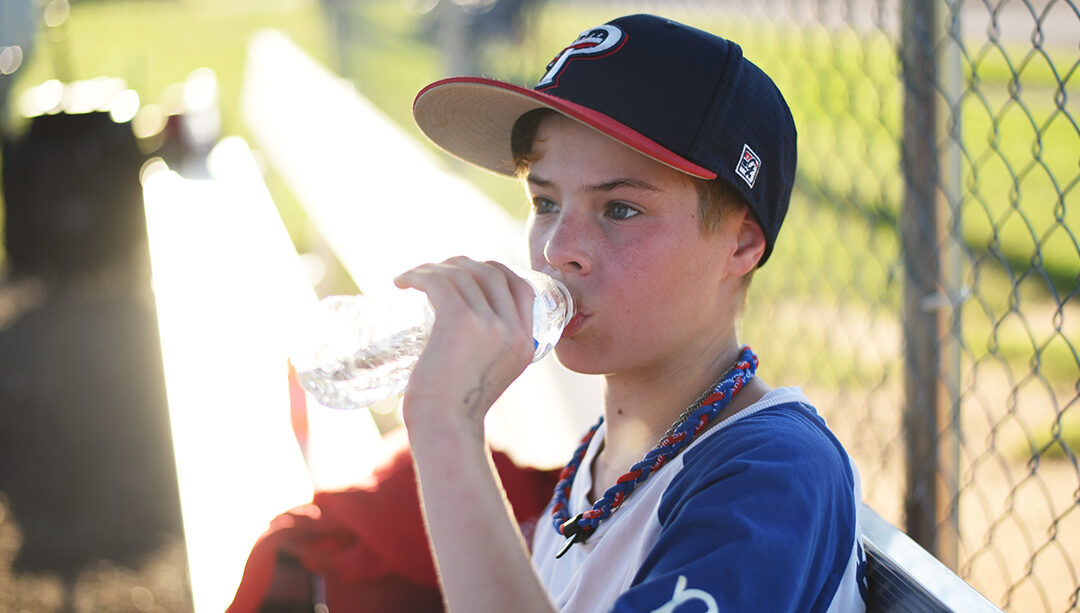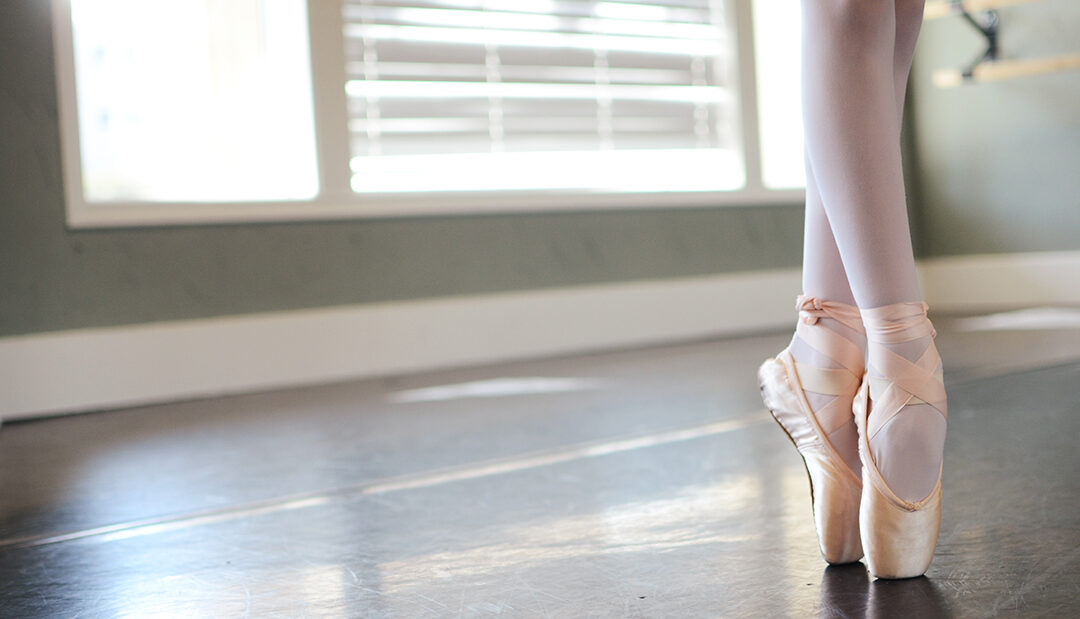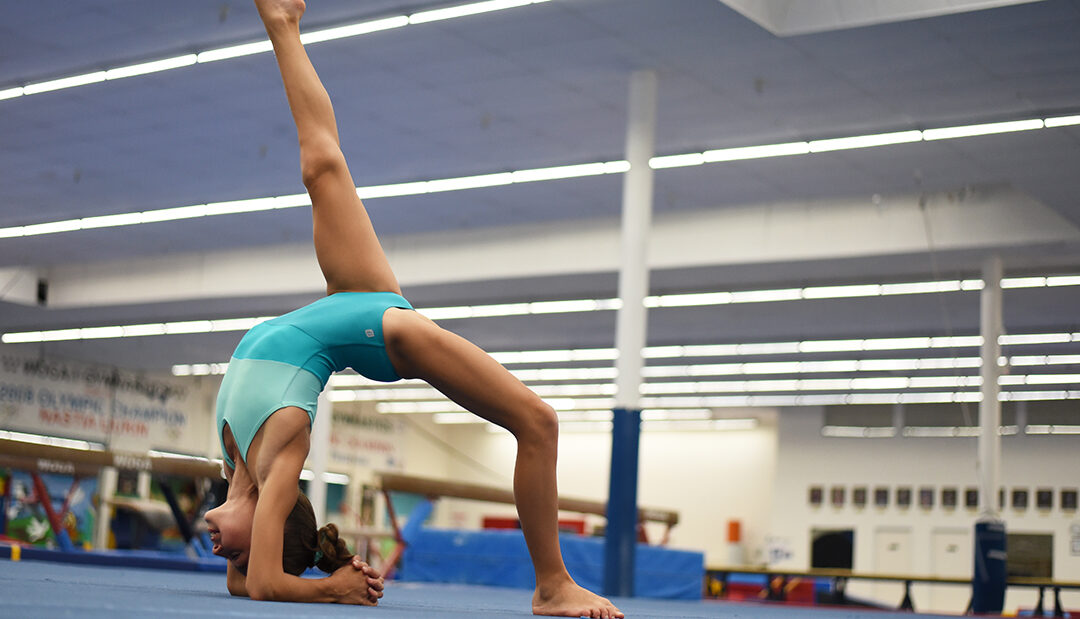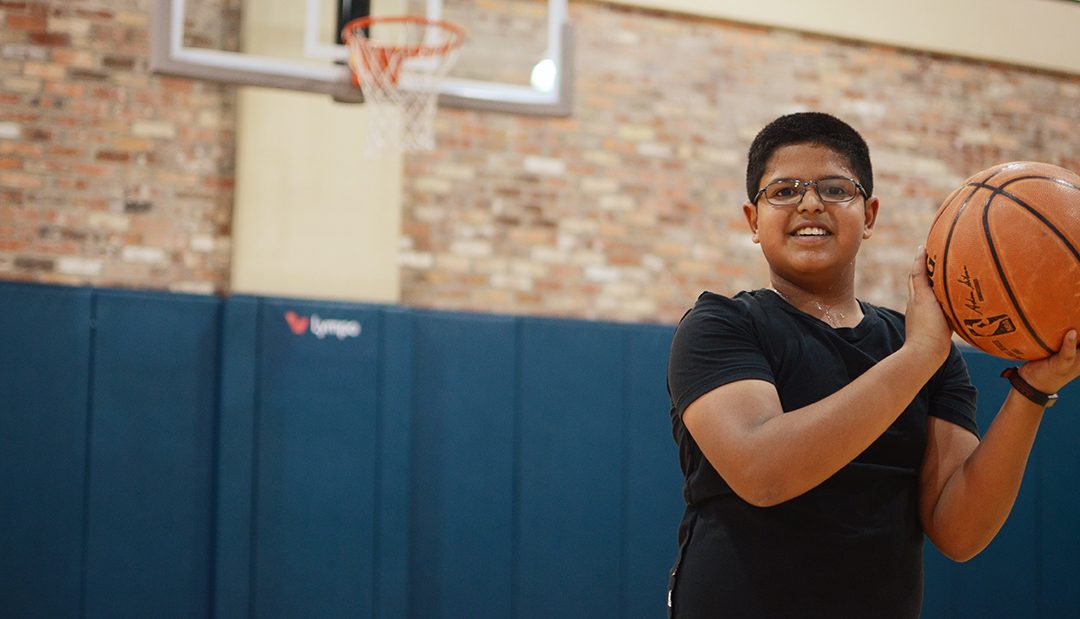
Fueling for Home Runs: Nutrition Tips for Young Baseball Players
Certified sports dietitian, Taylor Morrison, M.S., R.D., CSSD, L.D., says, “Young baseball players tend to be very focused on skills practice and miss the opportunity to improve their game by properly fueling and hydrating.” She encourages parents to support young athletes by learning sport-specific tips and providing appropriate food choices to help the athlete meet nutrition goals.
Tips for Supporting Your Young Athlete
Here are five things you can do for your baseball player to ensure sustained energy, focus and coordination on the field.
1. Emphasize the importance of good hydration each day, every day. Make sure your athlete is drinking water during and after a game as well.
2. Provide a balanced meal three to four hours before the game. This meal should consist of:
- Quality carbohydrates such as whole grain bread, pasta, rice, oatmeal, fresh fruit, starchy vegetables, low-fat dairy.
- Lean protein such as chicken or turkey breast, fish, lean ground beef, low-fat dairy.
- Healthy fat such as nuts or nut butters, olive oil, avocados, seeds (including chia & flax seeds).
- Example: Turkey sandwich on whole wheat bread with lettuce, tomato and avocado + fresh fruit cup + glass of low-fat milk.
3. Offer a snack one to two hours before the game.
- A pre-game snack should focus on easily-digested carbohydrates. Limit protein, fat and fiber, which take longer for the body to digest and may affect performance during the game.
- Examples: Fresh fruit, dried fruit, pretzels, applesauce, low-fiber cereal, low-fiber granola bar, white bread or white pasta.
- For those athletes who experience pre-game jitters and stomach discomfort, a liquid source of carbohydrates like a small serving of a sports drink may be tolerated better right before a game.
4. A sports drink may supply the athlete with additional easy-to-digest carbohydrates if energy levels start to dip during a game.
5. Don’t forget recovery. A good recovery meal contains carbohydrates, protein, healthy fat and fluid. Together, these nutrients replenish depleted energy stores (carbohydrates), repair muscle, help fight inflammation and rehydrate the body.
Learn more about nutrition and hydration for young athletes.






